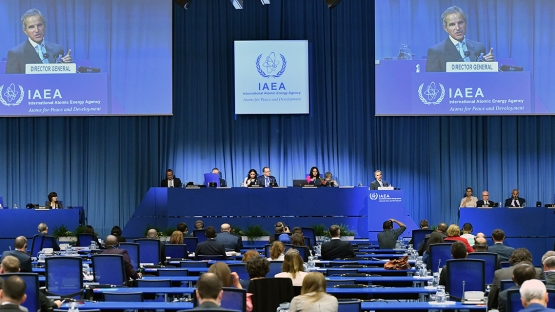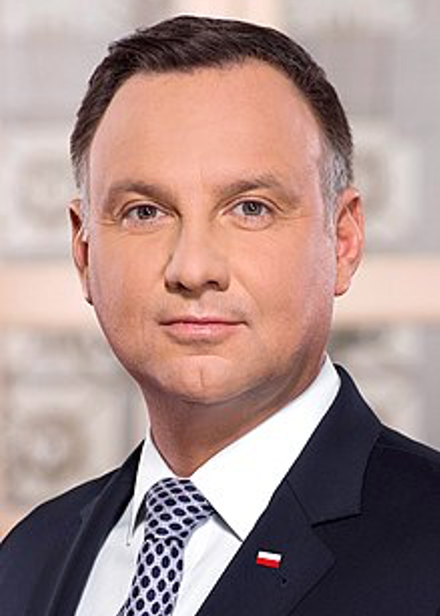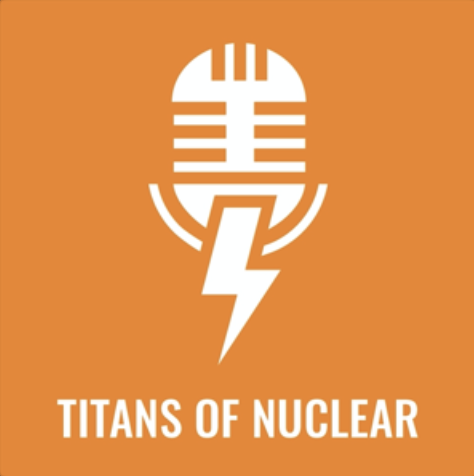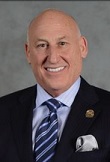Nuclear power: Are we too anxious about the risks of radiation?

Rowlatt
Following U.K. Prime Minister Boris Johnson’s recent restatement of the United Kingdom’s commitment to nuclear power, BBC News chief environment correspondent, Justin Rowlatt, wrote an article aimed at separating fact from fiction regarding the safety and benefits of nuclear energy.
Among his points, Rowlatt defended the use of nuclear power to combat climate change, examined the data behind deaths from radiation exposure directly caused by the Chernobyl and Fukushima accidents, and explained that exposure to low levels of radiation is not a major health risk.




 ANS Executive Director/CEO Craig Piercy was a recent guest on the
ANS Executive Director/CEO Craig Piercy was a recent guest on the 

